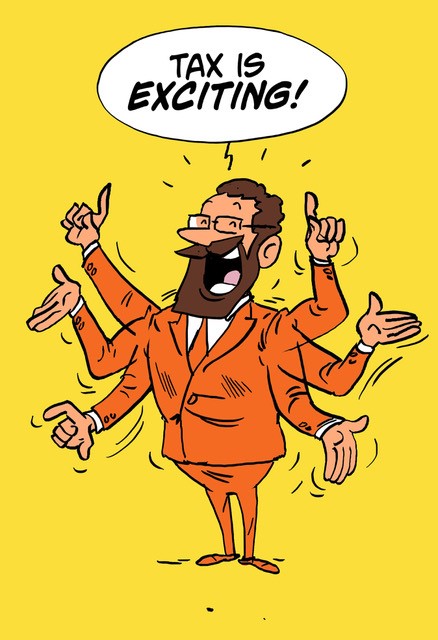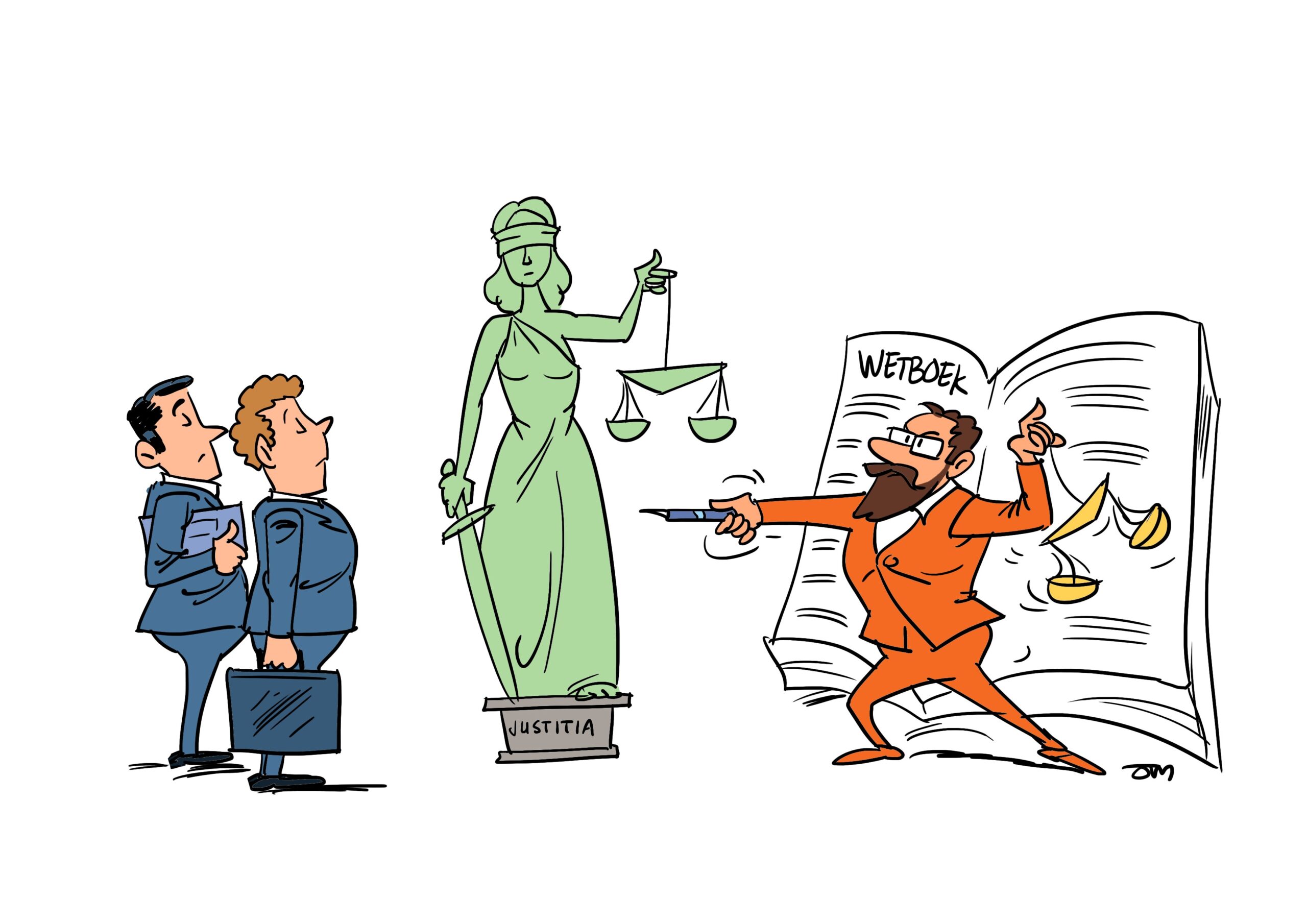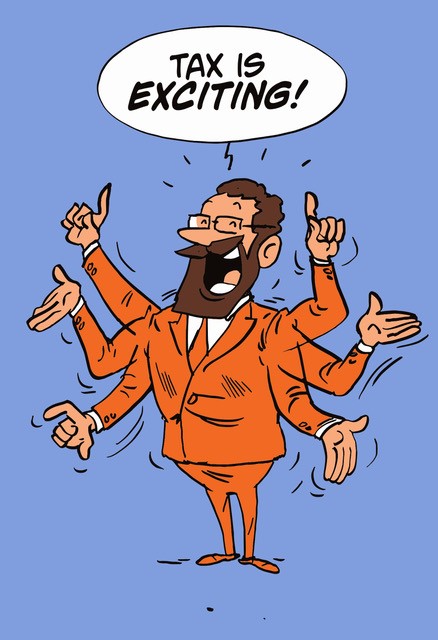30% ruling holders need to be alert, the ruling is changing and it might even hurt you. What 30% ruling change will take place?
30% ruling change – what is the 30% ruling?
The 30% ruling is basically the best tax ruling we have ever had in the Netherlands to attract knowledge from abroad that can help improve the Dutch economy. The ruling has been very effective over the past decades, its success is now its Waterloo. To learn more about what the 30% ruling implies in the article we wrote about the ruling before.
30% ruling change – European Union
The European Union did a survey on the 30% ruling after other EU countries complaint about our success rule. The EU came to the conclusion that the ruling was too favorable, the 30% was a too high percentage and too much competition with other EU countries was caused. The European Union demanded the Dutch Government to take notice of their survey and to act on it.
30% ruling change – Dutch Government
The Dutch Government that is well aware of their successful ruling did what a Government does. Do the survey again to buy some time. The Dutch survey of course came with a different conclusion. A conclusion that the ruling was not too favorable, the 30% matched with market conditions and other EU countries also have tax rules that compete with the Dutch tax system.
However, the EU is bigger, so they win.

What does the 30% ruling change imply?
The 30% ruling is a ruling that is granted to you for a period of 8 years. Only if you have been in the Netherlands during the past 25 years, the 8 year period is shortened with that previous period.
In black and white you have been granted the ruling for an 8 year period. The end date is specifically mentioned.
Now, under pressure, the Dutch Government has accepted to change the 8 year period to a max 5 year period as per January 1, 2019. That implies if you have used 5 years or more of the ruling on December 31, 2018, you lose the ruling the next day.
If you used the ruling for less than 5 years, the ruling ends after January 1, 2019 the day you have used the 5 year period.
30% ruling change – information to 30% ruling holders
All 30% ruling holders have received a notification about this in the Dutch and English language. We learn from the expat community different noises.
The ruling will be retro actively changed to 5 years.
That would imply for instance when you used the ruling for 6 years on January 1, 2019, you need to pay tax back of the year 2018 in which you used the ruling 1 year too much.
Technically and morally this cannot be the case. The net salary was spend and the employee could not foresee that he should have paid more tax. Also the Government we trust cannot act like that.
So this is not true.
The ruling might be changed, but it is not final yet
Not true either. It is a change that will happen, maybe not formalized yet, but that will be the case before the end of the year.
The ruling cannot be changed as I have a statement in black and white till when I have the ruling
True, and legally you have everything on your side. However, this is a David and Goliath situation and David (you) simply ran out of stones against Goliath (basically EU).
We have had similar cases like the one in 2013 where employees earning more than EUR 150.000 gross salary had to pay additional tax on the excess over EUR 150.000. This rule or legislation did not exist, the Government executed it and now in 2018 when the court cases are being processed we see that the Government is winning each case.
Orange Tax Service – 30% ruling change – how will that affect me?
The most common question asked to us is how the new salary without the ruling will look like. That we cannot assist with. The time spend on getting your salary in line with that of your employer is more than you want to pay for. Moreover, your employer, who will know about this change, can simply make the calculation for you by unticking the 30% ruling box in the payroll system.
That is one effect and please do not expect the employer to chip in the difference.
The other change are your worldwide assets, those are exposed from the moment the ruling no longer applies to you. That might hit you tax wise as well.
Under the 30% ruling you do not need to report dividend received by other limited liability companies than the Dutch BV company in which you own more than 5% shares. The moment you lose the ruling, this income you need to report in Box 2 of your income tax return as well (25% income tax, next year 28% income tax).
We learned from some expat clients that they simply cannot afford anymore to live in the Netherlands and they move back. The lower gross salary in combination with the world wide assets to be reported is too much.
In my opinion the Dutch Government has been very creative in the past to come up with such a tax ruling to attract expats from abroad. We do need them for our economy. I hope the Dutch Government can be creative one more time and come up with another tax break for expats in the Netherlands.





